- About
- Topics
- Picks
- Audio
- Story
- In-Depth
- Opinion
- News
- Donate
- Signup for our newsletterOur Editors' Best Picks.Send
Read, Debate: Engage.
| July 30, 2020 | |
|---|---|
| topic: | Human Trafficking |
| tags: | #Burma, #human trafficking, #transparency, #fishing industry, #modern slavery |
| located: | Thailand, Myanmar, China |
| by: | FairPlanet Editorial Team |
By Daisy Brickhill*
These are the words of a man we will call Ko Myo, although that is not his real name. He was a Burmese worker trafficked onto a Thai fishing boat, and then trapped at sea, at the mercy of his abusive captain.
Ko’s story is sadly common. Many migrant fishers are trafficked onto vessels and once out at sea, far from authorities, they are subjected to a kind of hell. Investigations by the Environmental Justice Foundation have uncovered cases of slavery, debt bondage, insufficient food and water, squalid living conditions, physical and sexual assault and even murder aboard fishing vessels from all over the world.
This photo essay shows some of the faces and tells some of the stories of those who have suffered this fate. World Day Against Trafficking in Persons provides a chance to raise awareness of their plight.
The individual stories are horrifying, but it is the systemic nature of the abuse that must be tackled. The first and most effective line of defence is surprising simple. Transparency.
If governments published the punishments they handed out for human rights abuse at sea or illegal fishing, suppliers and retailers would have a clear record to use for their purchasing decisions. If transferring fish between boats at sea was banned, (or very carefully monitored) unscrupulous companies would not be able to keep workers at sea, unpaid, for months or years as they are shifted between boats.
The stories these men told us are harrowing, but they must be heard. Consumers, processors, retailers and policymakers, everyone has a part to play in ending this destruction of ocean ecosystems and abuse of people. Together we can bring fishing out of the shadows.
* Daisy Brickhill is Communications Manager at the Environmental Justice Foundation.
World Day Against Trafficking in Persons is a UN designated day to “raise awareness of the situation of victims of human trafficking and for the protection and promotion of their rights.”
Names have been changed
By copying the embed code below, you agree to adhere to our republishing guidelines.
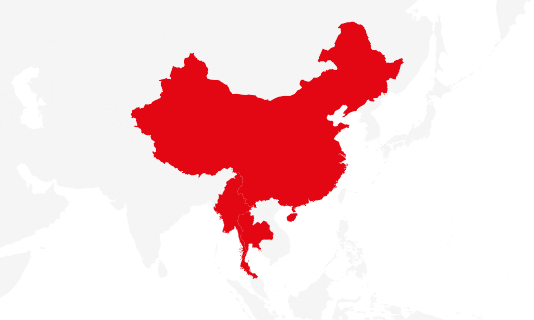
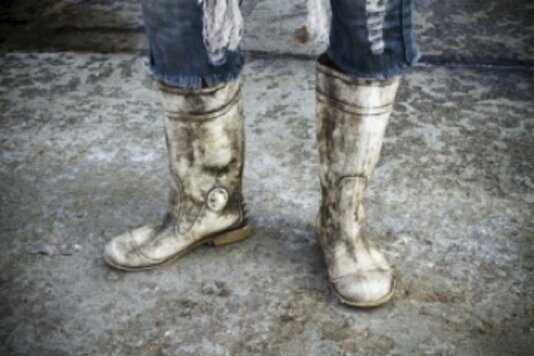
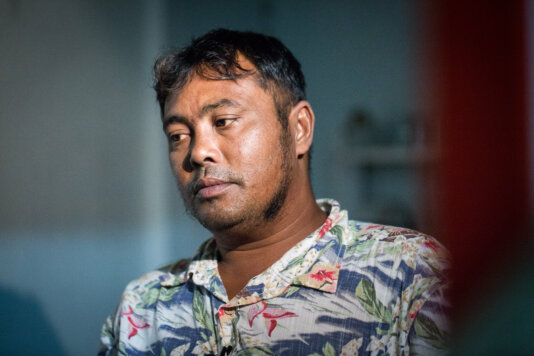
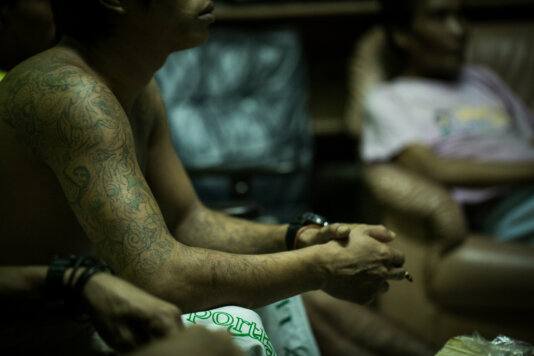

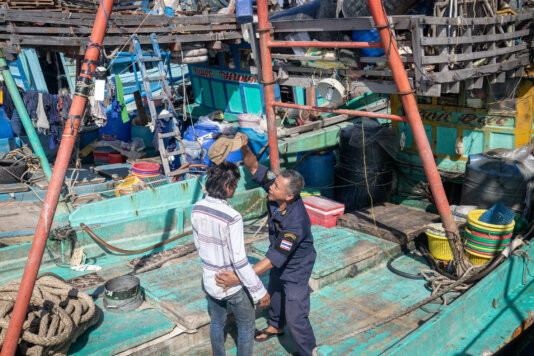
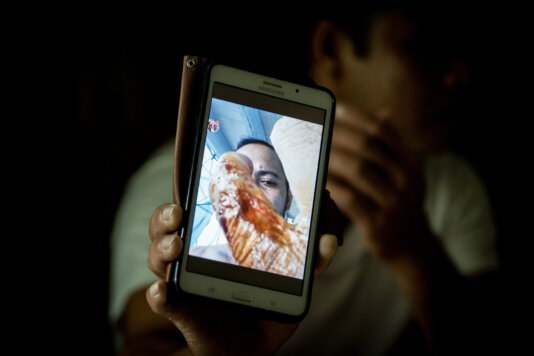
![Supri from Indonesia, was on board a Taiwanese vessel when he was locked in a freezer by the captain while he was still wet from the shower. “It was so cold inside. He did it on purpose. I shouted ‘Captain! Captain!’ Begging him to open [the door]. I kicked at it, but still he kept it locked. I was afraid, afraid of death. If I die, who will take care of my kid and my wife?” On the same trip, Supri was electrocuted with a stun gun by a fellow crew member under orders from the captain. The tool is used to kill fish, and the shocks left Supri weak and in pain. QZ8A9339](https://www.fairplanet.org/wp-content/uploads/2020/07/qz8a9339-534x801.1596092157.jpg)